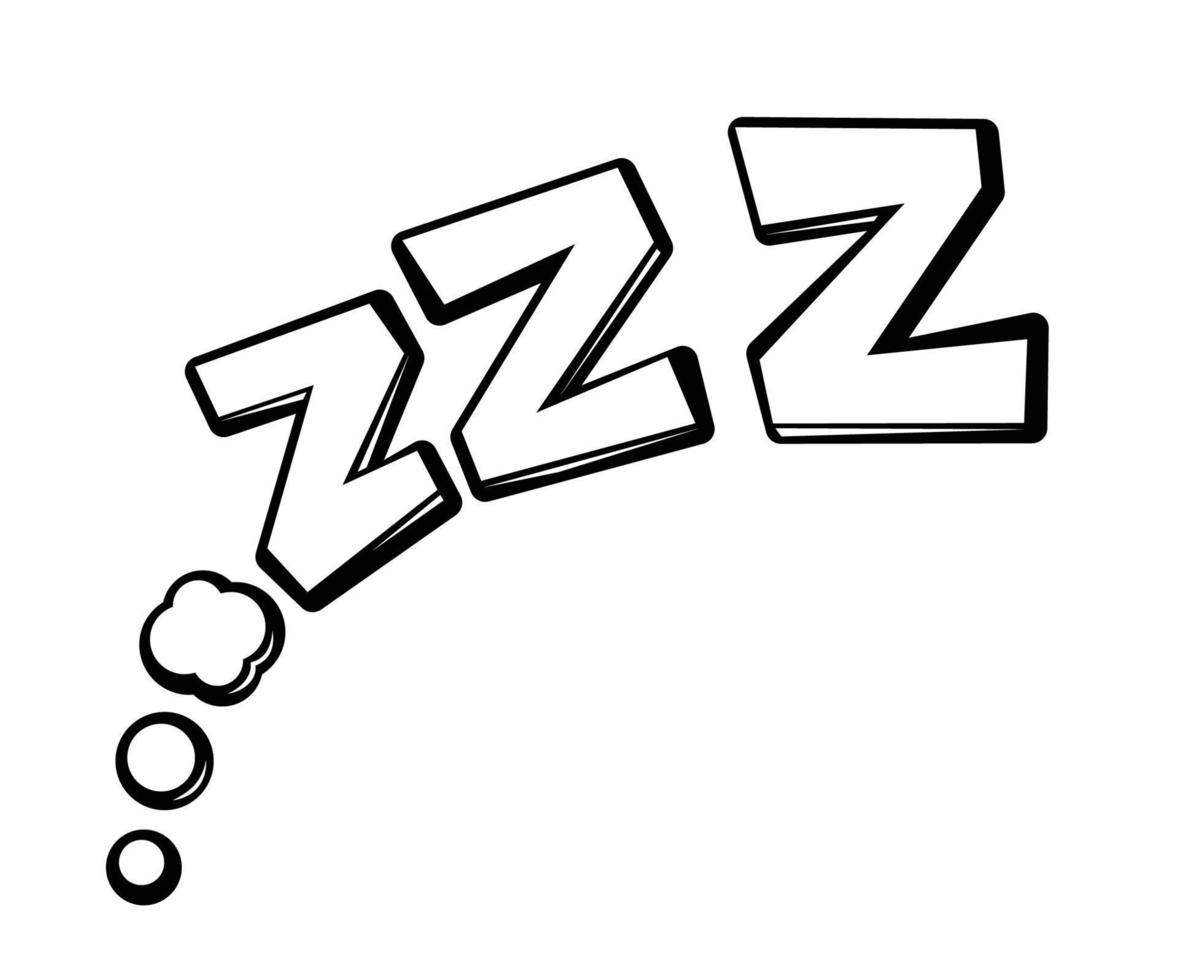What You Need to Know
When someone experiences a traumatic brain injury (TBI), the primary focus is often on the immediate and visible symptoms, such as confusion, memory loss, headaches, or dizziness. However, there’s a more subtle and frequently overlooked consequence that can significantly affect recovery and quality of life: disrupted sleep (Viola-Saltzman, et. al., 2012).
Brain Injuries Don’t Just Cause Immediate Pain-They Also Affect Sleep Patterns
Whether the injury is a concussion from a sports accident or a more severe trauma, brain injuries can profoundly impact the body’s natural sleep-wake cycle. Damage to the brain, particularly in areas responsible for regulating sleep—such as the hypothalamus and brainstem—can lead to various sleep disturbances.
Common post-TBI sleep disorders include:
- Insomnia: Difficulty falling or staying asleep.
- Hypersomnia: Excessive daytime sleepiness, even after a full night’s rest.
- Circadian rhythm disorders: A misaligned internal clock that makes sleep unpredictable.
- Sleep apnea: Breathing interruptions during sleep, which are more common in moderate-to-severe TBIs.
Sleep Is the Brain’s Repair Shop
Sleep plays a crucial role in healing. It’s when the brain consolidates memories, clears waste products, and restores cellular function (Aoun, et. al., 2019). After a brain injury, the need for this repair time is even greater. Poor sleep can slow recovery, worsen cognitive problems, and increase the risk of mental health challenges like depression or anxiety.
A Vicious Cycle
What’s worse, the relationship between TBIs and sleep can be cyclical. Poor sleep can intensify brain injury symptoms—like irritability, brain fog, and fatigue—making it harder to manage daily life. In turn, stress and discomfort from these symptoms can make it even harder to sleep (Aoun, et. al., 2019).
What Can Be Done?
While each brain injury is different, there are steps people can take to support better sleep during recovery:
- Routine: Establish a consistent bedtime and wake time—even on weekends.
- Light exposure: Natural light during the day and reduced screen time at night help reset the body’s internal clock.
- Professional care: Sleep studies, neurofeedback, or working with a neurologist or sleep specialist can uncover and treat underlying disorders.
- Mind-body practices: Techniques like mindfulness, progressive muscle relaxation, or gentle yoga may reduce stress and improve sleep quality.
Final Thoughts
Brain injuries are complex, and sleep is often the missing piece of the recovery puzzle. By recognizing and treating sleep disturbances, we can improve not only how people recover from brain injuries—but how they live beyond them.
References:
Viola-Saltzman, M., & Watson, N. F. (2012). Traumatic brain injury and sleep disorders. Neurologic clinics.
Aoun, R., Rawal, H., Attarian, H., & Sahni, A. (2019). Impact of traumatic brain injury on sleep: an overview. Nature and science of sleep.


